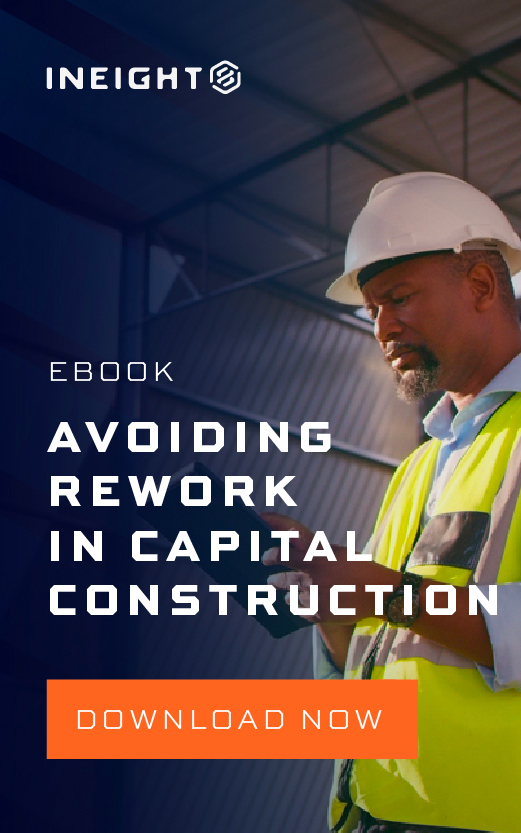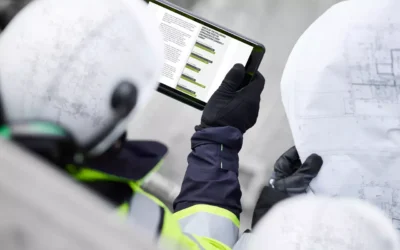While COVID-19 infections appear to be on the rise across the world, the business world has made one of its biggest shifts in response to this pandemic: remote work is now the norm for most professionals, and will likely continue to be the case for the foreseeable future. How will this affect estimating for capital construction projects?
Thankfully, construction – and particularly infrastructure construction – is deemed an essential business, and most of our customers are seeing an increased demand for their services during this time.
Collaborating with colleagues is still a key component in doing business. However, those collaborations are largely being done remotely, rather than in person. For cost estimates that involve many contributors, it’s key that this work is done on a collaborative platform, where changes can be logged and monitored easily by all interested parties. Getting this to work efficiently across multiple, individually maintained spreadsheets is a real challenge.
New Obstacles
In speaking with our customers, another new challenge is assessing and understanding risk associated with doing business in today’s environment. Jobsite safety, including social distancing, time required to disinfect tools and equipment, and availability of personal protective equipment (PPE) must be considered when estimating not only costs, but duration of activities as well.
Commodity items that were relatively available and inexpensive as recently as six months ago may be difficult to locate or procure today. Long lead items may be affected by disruptions in supply chains. It’s crucial these days to work together with third party service providers and vendors to ensure materials and services will be provided as promised. Any assumptions regarding delays and/or pricing increases must be accounted for in cost models. One way to do this is to provide for contingency costs, which may run as a percentage of those planned costs.
Moving Forward
As we progress through these uncertain times, it’s clear that the ability to leverage technology will become a unifying trait of successful construction firms. Yesterday’s reliance on paper forms, physically handed-off to the next step in the process, will be replaced by collaborative systems which allow transparency and accountability.
Is this a good time for housekeeping? Looking forward, successful organizations will focus on creating templates and assemblies that will automate routine tasks, allowing cost estimators more time to focus on specific challenges within a project, and creatively solve those issues, than on manual data entry or report creation.
More reliance will also be placed on the ability to extract dimensions and quantities from 2D drawings and 3D models, and the ability to keep up with changes as iterations in design occur.
At InEight, we realize and understand the challenges affecting our customers during this pandemic, and are continuing to provide the tools, training and support to keep our customers operating successfully.
Learn more about Ineight’s construction project management software.




